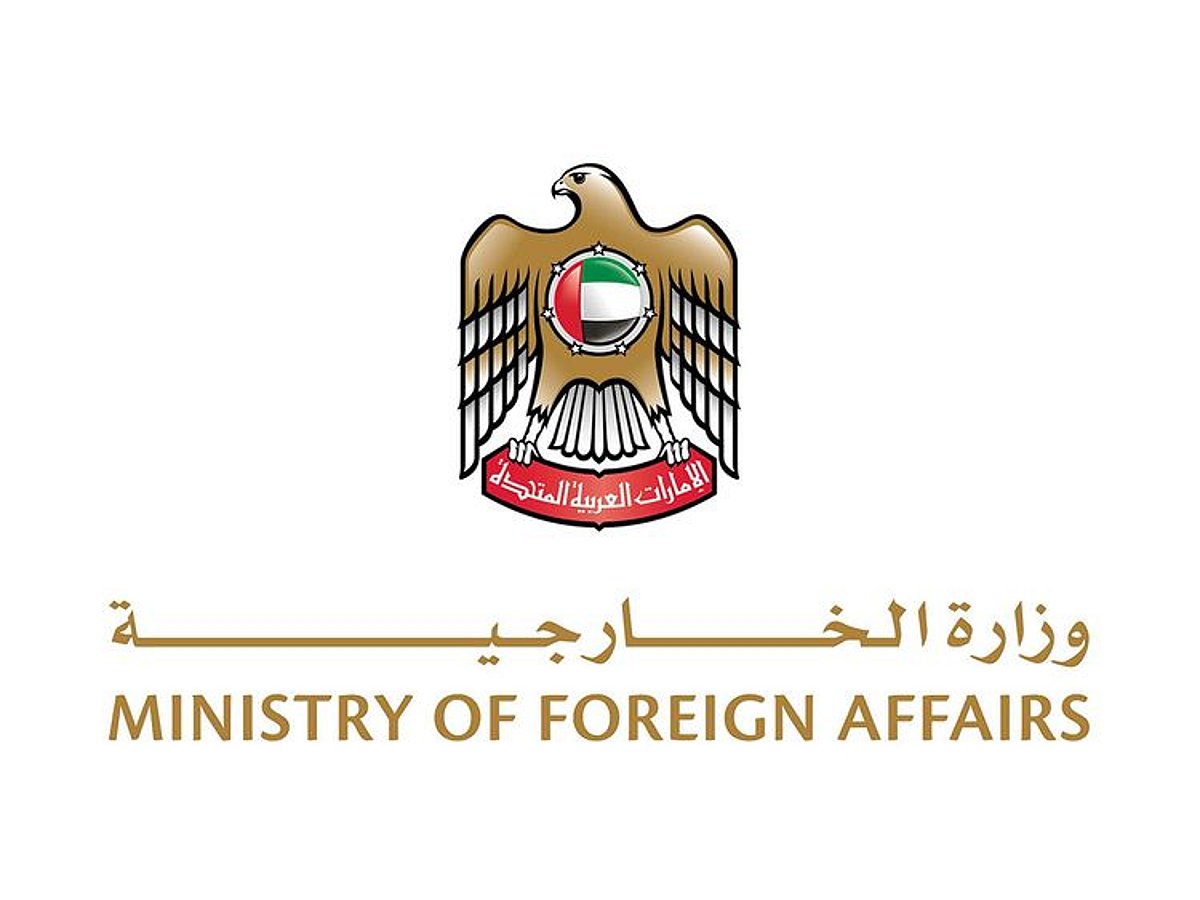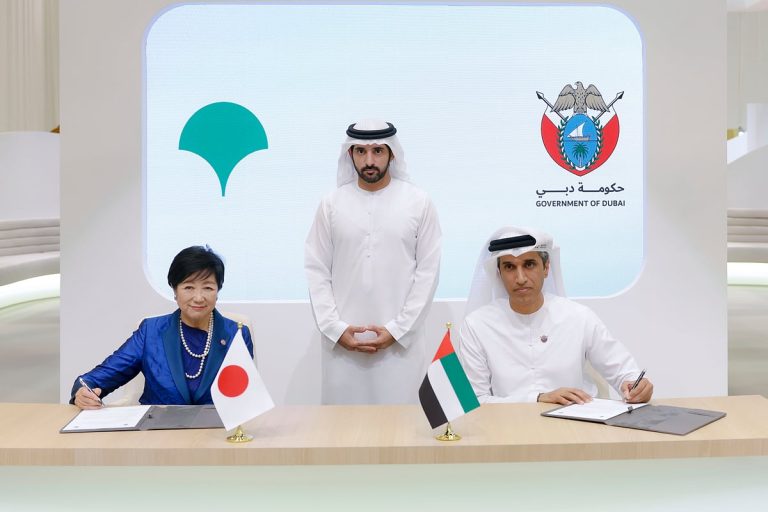UAE Backs Pakistan-Afghanistan Ceasefire Agreement
The United Arab Emirates has expressed its approval of the recent ceasefire agreement between Pakistan and Afghanistan. This development marks a significant step towards fostering peace and stability in a region often affected by conflict.
The UAE’s Ministry of Foreign Affairs issued a statement commending the diplomatic efforts of Qatar and Türkiye, which played crucial roles in facilitating dialogue between the two nations. The establishment of mechanisms aimed at reinforcing peace is seen as a vital move towards long-term stability.
In addition to supporting the ceasefire, the UAE emphasized its commitment to initiatives that enhance security in the region. The UAE believes that these efforts align with the aspirations of the people in both Pakistan and Afghanistan for a peaceful and prosperous future.
FAQs
What is the significance of the ceasefire agreement?
The ceasefire agreement is crucial as it aims to reduce hostilities and create a foundation for ongoing dialogue and peace-building efforts between Pakistan and Afghanistan.
How did Qatar and Türkiye contribute to this agreement?
Qatar and Türkiye facilitated discussions and negotiations, creating a conducive environment for both parties to reach a mutual understanding and agree on the ceasefire.
What are the UAE’s future plans regarding regional stability?
The UAE plans to continue supporting diplomatic efforts and initiatives that promote security and development in the region, ensuring that the aspirations of the local populations are met.
Conclusion
The UAE’s endorsement of the ceasefire agreement highlights its ongoing commitment to regional stability. As diplomatic efforts continue, the UAE remains dedicated to fostering peace and supporting the aspirations of the people in Pakistan and Afghanistan.
The ceasefire agreement between Pakistan and Afghanistan comes at a time when both countries have faced significant challenges related to security and governance. The long-standing tensions, often fueled by cross-border militancy and territorial disputes, have hindered development and stability in the region. By reaching this agreement, both nations have taken a crucial step towards addressing these issues, potentially paving the way for further negotiations on broader topics such as trade, border management, and counterterrorism cooperation.
The role of external mediators like Qatar and Türkiye is noteworthy, as both countries have established themselves as key players in facilitating dialogue in conflict zones. Qatar, in particular, has gained recognition for its diplomatic efforts in the Afghan peace process, while Türkiye has historically maintained strong ties with both Pakistan and Afghanistan. Their involvement in this ceasefire agreement underscores the importance of regional diplomacy and the need for collaborative approaches to conflict resolution. Such partnerships can enhance trust and foster a more stable environment for future negotiations.
The UAE’s support for the ceasefire also reflects its broader foreign policy objectives in the region. The UAE has been actively involved in various initiatives aimed at promoting peace and stability in the Middle East and South Asia. By backing this agreement, the UAE not only reinforces its commitment to regional security but also positions itself as a mediator and facilitator in international diplomatic efforts. This aligns with the UAE’s strategic interests in maintaining strong relationships with both Pakistan and Afghanistan, as well as enhancing its influence in regional affairs.
Furthermore, the implications of this ceasefire extend beyond the immediate parties involved. A stable Pakistan and Afghanistan can contribute to regional economic growth, as improved security may encourage investment and trade opportunities. The potential for increased cooperation in areas such as infrastructure development, energy projects, and cross-border trade could benefit not only the two countries but also neighboring nations. As the situation evolves, the international community will be closely monitoring the implementation of the ceasefire and the subsequent steps taken by both governments to ensure lasting peace.
In conclusion, the UAE’s endorsement of the ceasefire agreement signifies a hopeful moment in a historically tumultuous relationship between Pakistan and Afghanistan. The commitment to dialogue and peace-building efforts, supported by regional partners, may lead to a more stable and prosperous future for both nations. As the situation develops, continued engagement from the UAE and other stakeholders will be essential in maintaining momentum towards a lasting resolution.
Also Read:
UAE Leads Gulf in AI Development and Investment







